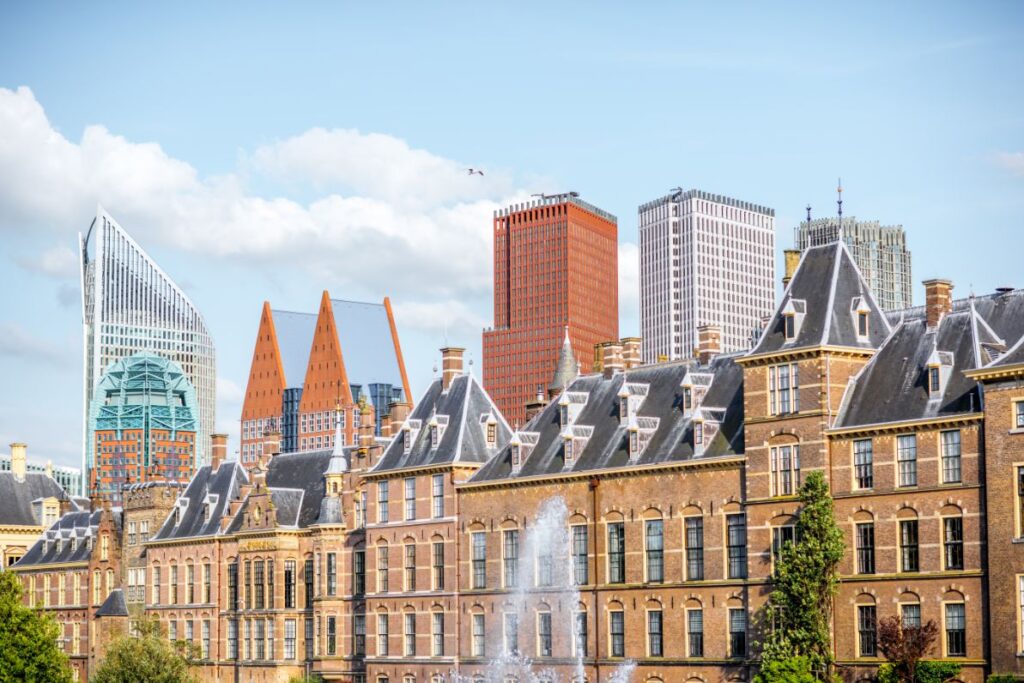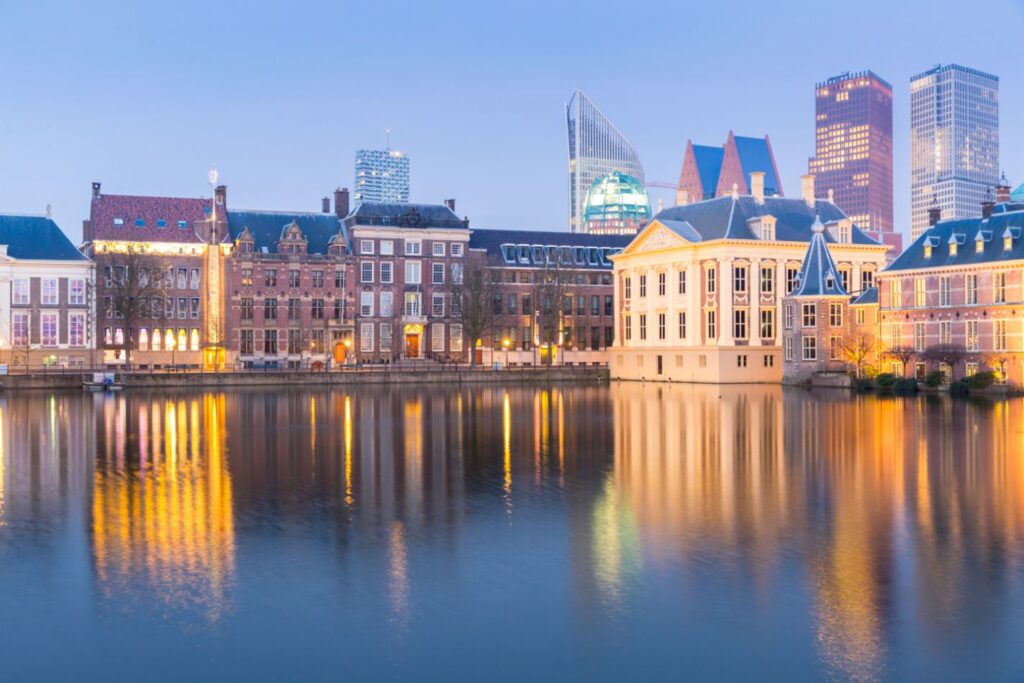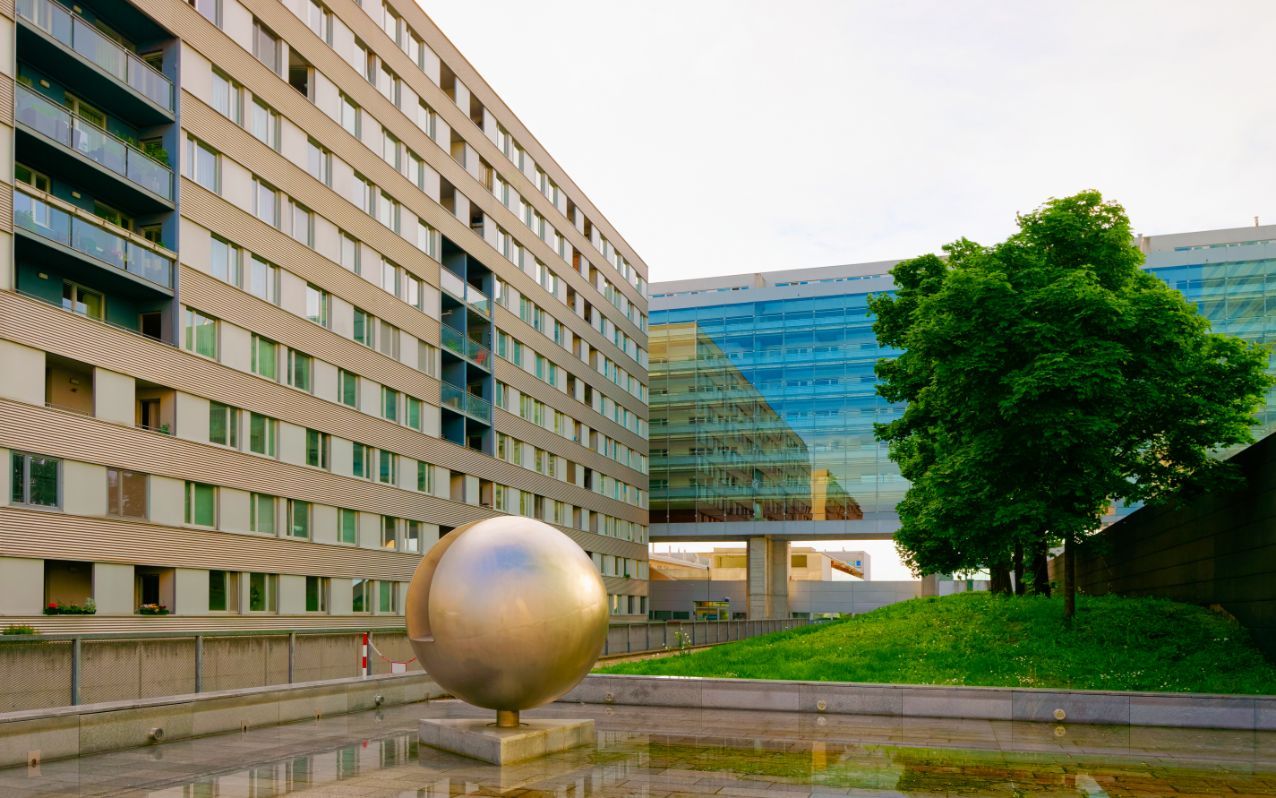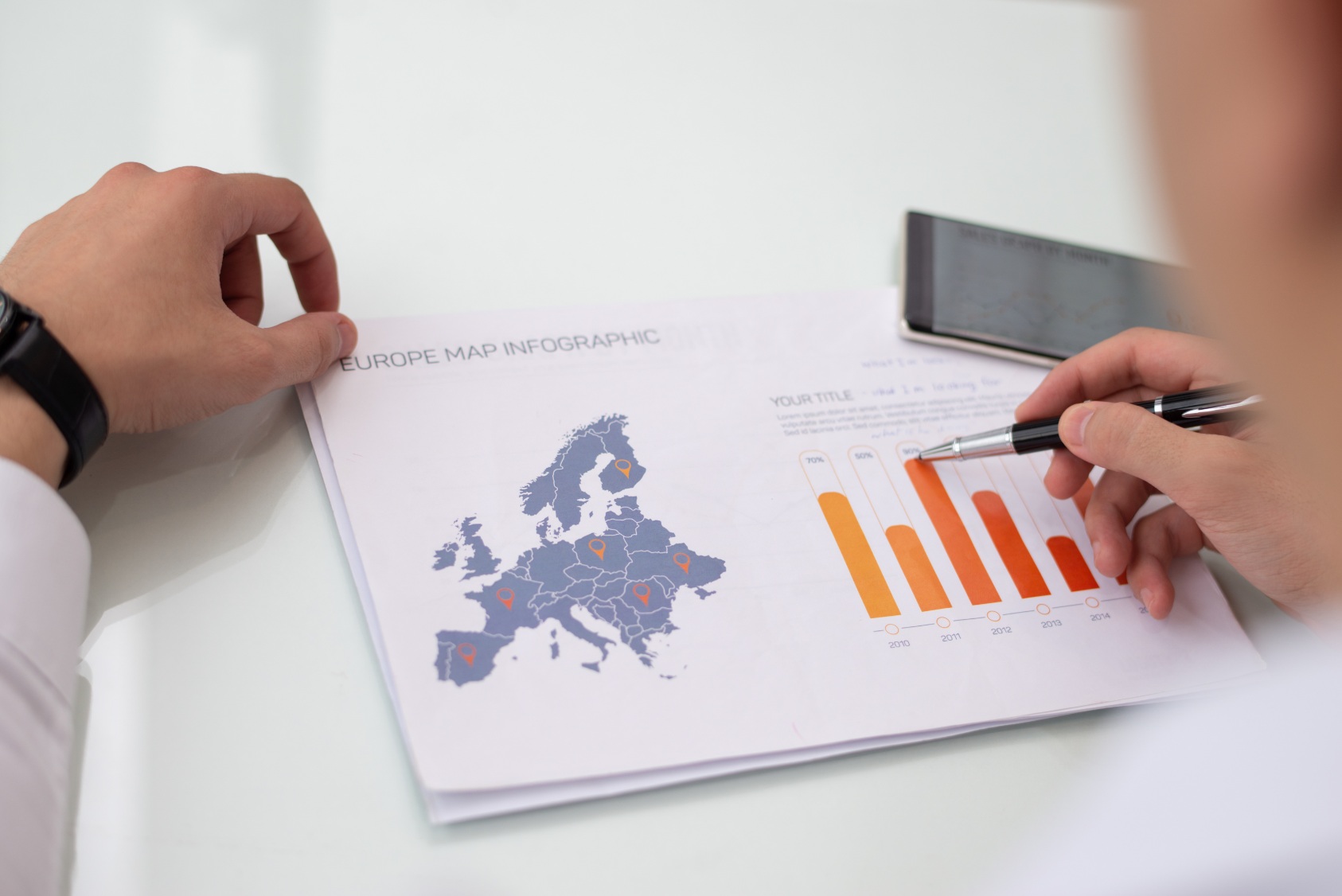Mehmet Akif Özmen | Chairperson at MHR & Partners
The Netherlands, with 17 million inhabitants in its territory below sea level, has long been one of the world’s largest trading nations, despite this lack of land and low population. Around 50 per cent of all trucks in Europe are Dutch and Rotterdam remains the main port of entry for Germany. With few natural resources (apart from natural gas and some coal), the Netherlands is a value-added economy that receives and profitably re-exports goods.
As an open and internationally minded economy, the business culture in the Netherlands has a tolerant and down-to-earth mentality that welcomes foreigners and makes the country an easy place to do business. Dutch culture values hard work, social responsibility, democratic principles, education and tolerance. The Dutch have a universally strong sense of community and environment.

What are the Main Characteristics of Dutch Business Culture?
Spoken Language: The native language of the Dutch is Dutch. However, 9 out of every 10 Dutch people speak English well. English is the second native language and they do not hesitate to communicate in English. No one is surprised or offended if you don’t speak Dutch, which makes the country quite accessible to foreigners.
Direct Communication: The Dutch are known for their direct style of communication. They value frankness and honest communication. They are not afraid to speak their minds or express disagreement. This may at first be perceived as rudeness by outsiders. In the Netherlands, however, it is usually only about efficiency and is rarely personal. Therefore, do not take offence at “honest” emails or phone calls and do not be afraid to speak directly when you need to.
Address someone formally until asked otherwise. Use Mr, Mrs or Miss and the other person’s surname. During a conversation, the Dutch expect quite intense eye contact. Looking directly into someone’s eyes is a sign of trustworthiness. They also value a handshake.
Gift giving: The Dutch do not like to give business gifts. A sincere appreciation is more valuable to Dutch culture than material gifts. The Dutch do not like to feel obliged to anyone and do not like to be under gratitude. Unlike most of Europe, business dinners are rare in the Netherlands.
Equality and Flat Hierarchy: Dutch culture values equality and fairness. There is a strong emphasis on treating everyone equally, regardless of their position or status. They do not tolerate hierarchical or overly formal communication styles. Therefore, arrogant, patronising or condescending behaviour should be avoided. Patronising the Dutch can lead to a stalemate in relations.
The Dutch believe that everyone has a voice and should be able to express it openly. The culture of tolerance and respect for diversity is very strong. Hierarchies are generally flat and managers are expected to treat all employees with respect and dignity. Showing respect and friendliness to everyone around you will be crucial to doing business or fitting in socially with the Dutch. Avoid being nosy but be friendly.
Respect for Personal Time: Dutch people are motivated from primary school onwards to work hard and be successful. At the same time, people also value family life and life outside work very highly and time spent outside the office is also important. Respect your partners’ and colleagues’ weekends and holidays and keep requests and correspondence within working hours as much as possible.

Work Attire: Work clothes are generally more casual than in other European countries. It varies according to the company and sector. In the Netherlands, many people ride public trams or bicycles. Their clothing tends to be appropriate for these modes of transport and a little more casual.
Meetings and Decision Making: Meetings and interactions are often informal. Openness and transparency are valued. Meetings can be long and there may be a lot of discussion before decisions, especially as everyone’s right to have their say is respected. Despite the discussion, the style of communication is not interrupted. The agenda is well set before meetings, which minimises time wasted in meetings.
Dutch businesses attach great importance to teamwork and co-operation. Decisions are usually made by group consensus. Meetings in the Netherlands are forums for discussion and consensus building. The aim is to find a mutually agreed approach or decision. Decisions are taken late, but are quick to be implemented.
Planning: The Dutch tend to plan for the long term, so programmes (both social and work) are often set weeks or even months in advance. Business appointments with bosses, clients and colleagues may often need to be scheduled four to six weeks in advance.
Punctuality and Time Management: The Dutch have a strong sense of punctuality and value efficiency. Missing an appointment or being late for a meeting is not only considered annoying, but also unreliable. Due to the crowded situation on the roads, a flexibility of five to a maximum of 10 minutes is allowed, but not ignored.

Flexibility and Innovation: Dutch culture values flexibility and adaptability. Businesses are often willing to consider new ideas and approaches. Dutch businesses are recognised for their innovative thinking and ability to find new solutions to old problems.
Long-term Trusted Relationships: Dutch businesses tend to focus on building long-term relationships with customers, suppliers and partners. The Dutch have a strong sense of reliability and expect their business partners to be reliable as well.
Sustainability: Dutch companies are known for their focus on environmental and social sustainability and many businesses have implemented green initiatives and policies.
Entrepreneurship: Dutch business culture values entrepreneurship. There is a strong tradition of small and medium-sized enterprises in the Netherlands. The Netherlands is a small country but has a strong tradition of international trade and commerce. Dutch companies often have a global presence and outlook. Dutch business people are known to be pragmatic and result-orientated. They value efficiency and are willing to take risks to achieve success. They are also strong, tough and tenacious negotiators.
Tax and Legal Compliance: The Netherlands has a high standard of tax and legal compliance and companies are expected to comply with all relevant laws and regulations. Although they have earned a well-deserved reputation as tough competitors in international trade, the Dutch also have a reputation for honesty. In Transparency International’s 2021 Corruption Perceptions Index (https://www.transparency.org/en/cpi/2021), the country ranked 8th out of 180 countries.
Okuma Tavsiyesi
What are the types of companies in the Netherlands? What does it take to set up a company and open a branch in the Netherlands? Where should foreign entrepreneurs start to set up a company in the Netherlands? Do a deep reading for the answer to all these questions!

Avoid doing these things while in the Netherlands!
- Do not address people by their first names!
- Do not enter someone’s office without knocking!
- Do not talk with both hands in your pockets!
- Do not chew gum or spit on the floor in public!
- Don’t throw rubbish on the floor!
- Don’t ask people what they earn!
- Don’t ask questions about people’s privacy!
- Don’t talk about clothes, appearance or weight!
- Touching or talking closely about work or casual relationships
- Don’t call people about work after office hours!
References:
https://planetdepos.com/trending/content/doing-business-netherlands-dutch-culture
https://www.worldbusinessculture.com/country-profiles/the-netherlands/culture/
https://www.expatica.com/nl/working/employment-basics/dutch-business-culture-102490/
Related Posts

- MHRPartner
- 18 May 2023
How Much Does It Cost to Establish a Company in Germany and the Netherlands?
MHR & Partners Academy With its strong and stable economy, Germany and the Netherlands are ..

- MHRPartner
- 31 August 2024
Establishing a Limited Company or Opening a Branch in Turkey
Mehmet Akif Özmen | Sworn Financial Advisor – CPA | Founder, CEO Establishing a company ..






